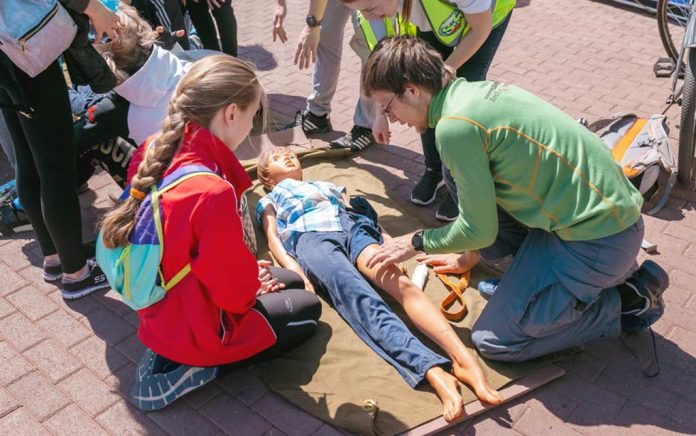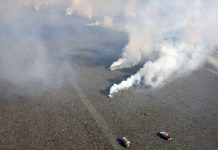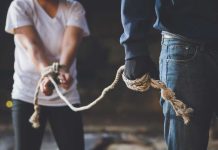(SurvivalDaily.com) – Preppers need a variety of skills to survive a multitude of situations. However, medical skills are near the top of the list of skills to acquire. You can be the most prepared person on the planet, with all the knowledge necessary to live off the land, but without medical knowledge, it does you no good. These are some of the skills everyone should know.
Treat Minor injuries
Minor injuries happen almost every day. Whether it’s a small cut or sprained joint, they happen. Obviously, these injuries don’t take much to treat; small cuts require just a Band-Aid or tape over. Rest sprains and put ice on them when you’re able to. You also need to know how to clean small cuts and protect them from infection.
Immobilization
Hopefully, you never need to immobilize a joint or broken bone, but you should still know how to. Sometimes, when a bone gets broken, it needs to be kept from moving around, so it’s important for you to know how to keep it stable. The same goes for dislocated joints and neck injuries. Neck injuries are very serious and can lead to much worse problems if not immobilized correctly.
Tourniquet
To stop severe bleeding, you may need to apply a tourniquet. There are a few factors you need to consider. If the person is at risk of bleeding out, apply the tourniquet right away. It’s important, however, to know how long and tight a tourniquet should be applied. Always contact EMS or take the victim to an emergency room if you’ve applied a tourniquet.
Signs and Symptoms of Hypothermia and Hyperthermia
This may not seem as obvious as some of the other items on this list, but it’s still just as important. If you’re in a climate where it gets below freezing, you’ll need to be able to diagnose hypothermia, which can occur even in the desert at night.
In a hot climate, you’ll also need to know what to look out for in regard to hyperthermia, which occurs when the body’s internal temperature gets too high.
How to Stop Bleeding
If you live your life not needing to stop yourself or someone else from bleeding, that’s great. However, you should still have the knowledge, just in case you do need to. That’s what prepping is all about. Apply pressure to the wound. If the bleeding is moderate to severe, you may need to apply some sort of bandage or gauze first.
Other Useful Medical Skills
There are a lot of medical skills to learn. No one expects you know how to deal with each and every injury; you’re not a doctor. However, there are some skills just about everyone should know, such as:
- Cardiopulmonary Resuscitation (CPR): Be sure to check the American Heart Association for an up-to-date CPR procedure as these change from year to year.
- How to apply bandages
- Checking a pulse: After all, if there’s no pulse, you’re likely wasting your time or need to administer CPR.
No one expects you to become a medical professional. Even actual doctors took years to learn what they know. You can still know the basics, starting with this list. Remember that we are not medical professionals, nor do we claim to be, and this isn’t a full list of what you need to know. There’s a lot to learn, and we encourage you to research more.
Now you have a few skills to learn regarding medical needs. What about supplies? Caches are a great way to store emergency supplies for later use. Remember to be safe and be prepared for your best chance at survival.
~Copyright 2021, SurvivalDaily.com

















